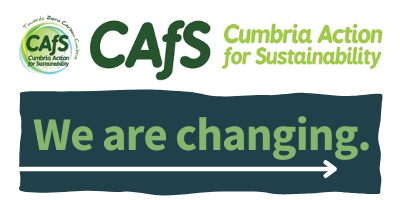It has been a long time coming, but the deadline for education settings to have their sustainability actions in place is looming.
The September deadline is a key initiative in the Government’s sustainability and climate change strategy – and it states: “By 2025, all education settings will have nominated a sustainability lead and put in place a climate action plan.
This includes early years settings, schools, multi-academy trusts, colleges, and universities.”
It is vital that this is put in place with a ‘whole setting’ approach – the buildings, curriculum, staff knowledge, pupil voice and decarbonisation all form part of the climate action plan and the culture of the setting, and by it’s nature will mean that all staff, students and stakeholders are represented.
And there are many ways in which education settings can develop their climate action plans – such as to:
- increase the confidence and expertise of your leadership team, staff, learners, and students in understanding climate change and how positive change can be achieved
- share effective practice with other education settings
- improve energy and water efficiency, cutting costs
- calculate your carbon emissions and identify ways to reduce them
- increase resilience and start adapting to the impacts of climate change
- enhance biodiversity
- help learners develop skills and knowledge which help them to contribute to sustainability and climate change in their lives and future jobs
And whilst this may seem daunting for some settings, there are many support networks and groups that offer help and advice.
Zero Carbon Cumbria has been supporting schools and young people for many years now, helping organise the Youth Climate Summit along with CDEC, and bringing together resources and case studies to inspire. Take a look at the site here.
CAfS can help education settings prepare for this, and ensure that their sustainability lead feels supported and that the climate action plan is meaningful and has real impact. We know that school buildings can be leaky and expensive to heat, and young people tell us they worry when thinking of the future, and giving teachers confidence in their climate science knowledge will mean that the curriculum can be enhanced and fit for purpose.
In addition to current projects we are running a webinar to bring together concrete ideas, to start thinking of your climate action plan and find out what might work within your setting. There are numerous dates throughout autumn and spring term – join us here.


